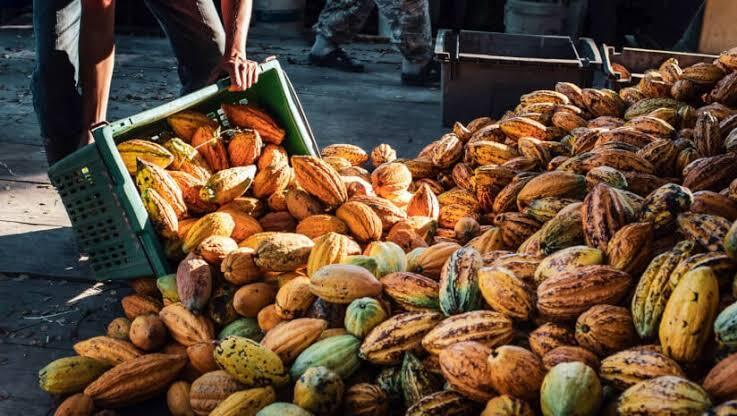The recent imposition of tariffs by U.S. President Donald Trump on major cocoa-producing countries is poised to disrupt the global chocolate industry, potentially giving European chocolatiers a competitive advantage over their U.S. counterparts.
Impact on Cocoa Prices and Arbitrage:
On April 3, 2025, New York cocoa futures for May delivery surged by as much as 5.8% intraday, reaching their highest price since late February. In contrast, the London contract for the same month declined by up to 4.9%. This divergence widened the price gap between New York and London cocoa futures to over $500 per ton. The increase in U.S. cocoa prices is largely attributed to the newly imposed tariffs, which have made cocoa imports more expensive for American chocolate manufacturers.
Tariffs on Cocoa-Producing Nations:
The tariffs announced by President Trump include:
- Ivory Coast: 21% tariff
- Ghana: 10% tariff
These countries are among the world's leading cocoa producers, with Ivory Coast alone accounting for nearly 40% of global supply.
Challenges for U.S. Chocolate Manufacturers:
The tariffs are expected to increase production costs for U.S. chocolate makers. Jonathan Parkman, head of agricultural sales at commodities broker Marex Group, expressed concerns that these increased costs would likely be passed on to consumers, potentially reducing demand and making U.S. chocolate exports less competitive.
Additionally, the U.S. imports a significant portion of its cocoa butter from Indonesia and Malaysia, which are now subject to tariffs of 32% and 24%, respectively. This further compounds the cost pressures on American chocolatiers.
Potential Advantages for European Chocolatiers:
In contrast, European chocolate companies may benefit from the U.S. tariffs. With relatively lower cocoa costs due to the absence of such tariffs, European chocolatiers could gain a pricing advantage in both domestic and international markets. This shift may allow them to capture a larger share of the global chocolate market at the expense of U.S. manufacturers.
Industry Response:
In response to the tariffs, major U.S. food companies, including PepsiCo and Conagra, have sought targeted exemptions for imports of ingredients like cocoa that are not available from domestic sources. They argue that such exemptions are necessary to protect U.S. manufacturers and mitigate consumer inflation.
As the situation develops, stakeholders in the global chocolate industry will need to navigate these new trade dynamics, balancing cost pressures with market.
Follow & Subscribe:
👉 Agri-Food Update on LinkedIn for the latest updates and insights.
🌐 Visit us at www.agri-food-update.com for more information!



